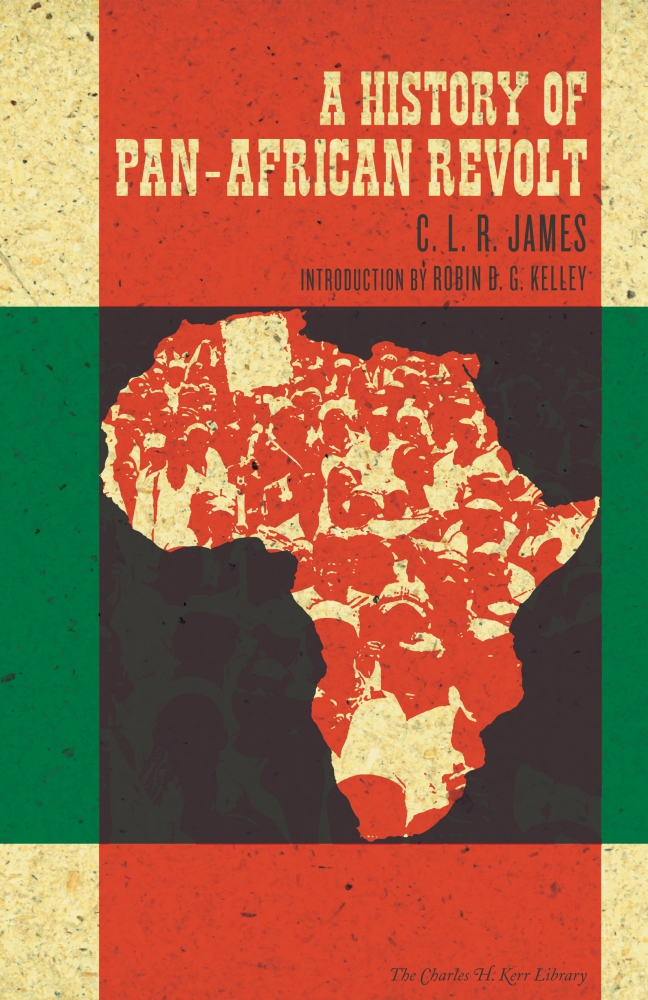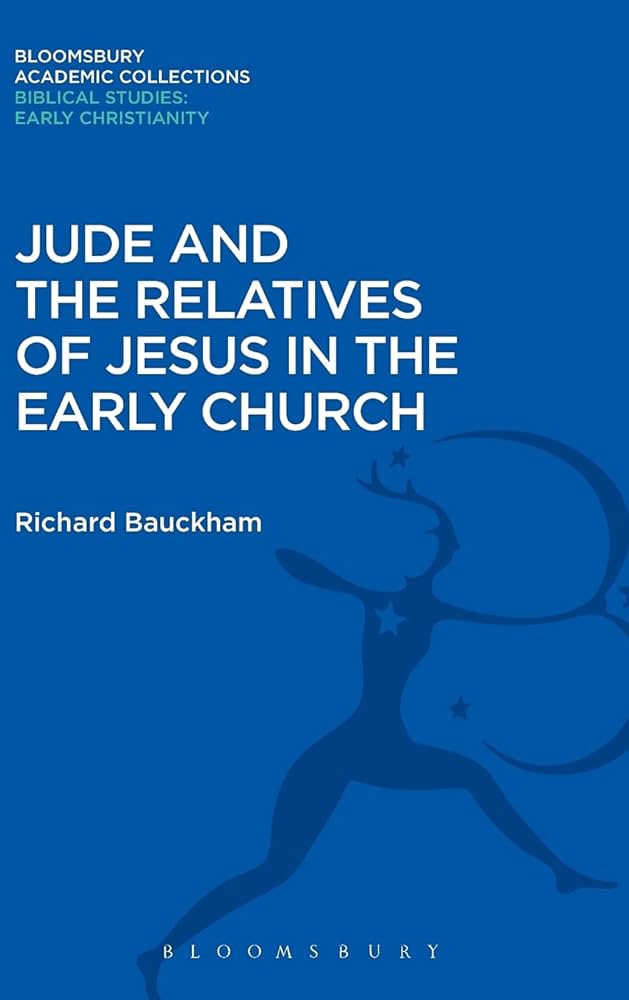James Tabor certainly lays out a lot to think about and ties a number of odd details together, some of which I hadn't known about; the work is well written and entertaining. That said, I came to this book looking for more information on Jesus's family but expecting not to glean too much, given that I knew that Tabor's book had a particular point of view that is shocking to anyone who is a believer. Tabor, after all, is a big fan of the work of S. G. Brandon, who himself espoused certain views that dismiss large chunks of the New Testament. In Brandon's view, the Christians were Zealots, and the Gospels do their best to hide that fact from the Romans. What's more, the idea that Christians fled Jerusalem before its 70 CE destruction is dismissed as fantasy by Brandon. So this is where I figured Tabor would be coming from, but that wasn't quite true.
For James Tabor, the Jesus Dynasty is one rooted in the ministry of John the Baptist. John was to be the priestly Messiah, while Jesus was to be the kingly one. Jesus's work was a largely family one, and Jesus himself was not the son of God but son of a Roman soldier (Pantera) who possibly raped Mary. I hadn't known about this accusation/theory, but shortly later came across it in some rabbinical writings from the fifth century. Anyway, Jesus's disciples were made up of largely of family members, including four of his brothers (who share the same names as four of the disciples). John's death came as a shock, and Jesus's also. The Messiahs were dead, but they lived on in the work of Jesus's brother James, who would unite the priestly and kingly Messiah and restore Israel. The Messiah is wholly physical in Tabor's view--except insofar as the Messiah was supposed to usher in the appearance of the Godly Son of Man in glory.
James, of course, died also, as did the other relatives of Jesus, but this was Christianity, real Christianity, for the first couple of centuries, as seen in the Ebionite sect, which accepted Jesus as a prophet but not divine. It was Paul, alas, who changed Christianity into a more spiritual dynamic, with Jesus as son of God. His work colors the entire New Testament, including the Gospels, which were all written after 70 CE and the death of James. Only in the books of James and Jude, Jesus's brothers, and in the book of Q do we see truly what Jesus's minsistry was really like and what it was really about. Tabor takes Q as very much authoritative, though Q (a sayings Gospel of Jesus from which Matthew and Luke drew their various accounts of Jesus's words) is a theory and has never been found in a manuscript form; it seems a bit much to base an entire theory around.
Some other issues with the work: Tabor claims the meal Jesus had with his disciples was on Wednesday night rather than Thursday, as most Christians do; thus, Jesus died on Thursday, not Friday. He bases this on the idea that there was an annual Sabbath--a double Sabbath--as denoted in Matthew if one interprets the wording in Matthew 28:1 that way, a possible translation I hadn't earlier been aware of but something that is possible. The issue with the double Sabbath, however, as Tabor interprets it, since he places the Passover as occurring at/after Jesus's death is that at least on the Jewish calendar that has come down to us, the beginning of the days of Unleavened Bread (i.e., what is often termed Passover, though Passover is actually the day before) never happens on a Friday. Thus, Jesus could not have died on Thursday evening, unless the calendar changed between the first century and now. As I've long understood it, the First Day was actually Thursday, so Jesus died on Wednesday and has his final supper on Tuesday.
In the end, Tabor comes to the conclusion that if Christians understood these wonderful new truths about Jesus's life, there would be harmony between the religions of Judaism, Christianity, and Islam, and Christians would have a new appreciation of all that Jesus did. He's write that there would be more unity between the faiths insofar as their views of Jesus would be more similar--in Judaism, he would be accepted merely as a rabbi; in Islam, he is accepted as a prophet; and without the divine status, Christians could fit in with either of those. The problem, however, is that without that divine status, there isn't really any substance for Christianity to wrap itself around. If Jesus was merely seeking a physical kingdom that would bring about God's intervention in the world and if that Jesus died and was just a man, then he would be just another failed Jewish Messianic figure. Indeed, as Paul would write, if Jesus be not raised, then Christians are still in their sins and there is no hope of resurrection. We might as well just live for the day. Tabor's idea that somehow his claims enrich Christianity, therefore, don't and can't--were they true, they just rob Christianity of all substance.
























